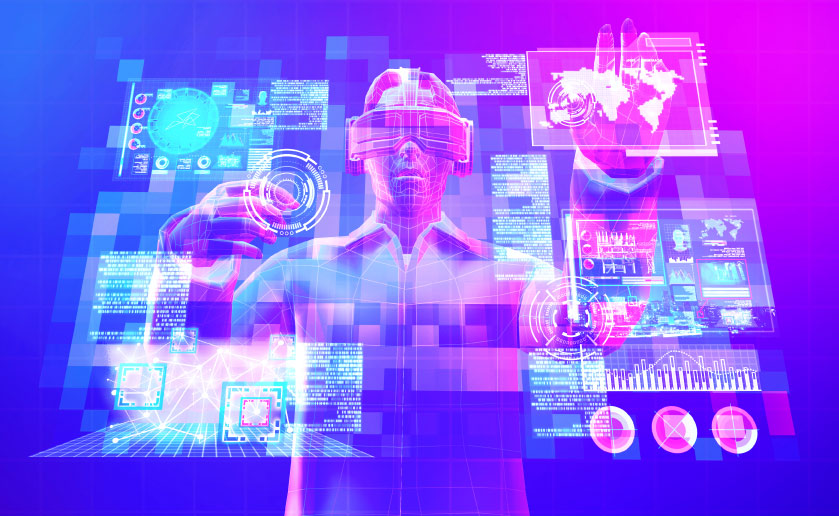
The metaverse is a term that refers to a virtual reality space where users can interact with a computer-generated environment and other users in real-time. It is a concept that has gained significant attention in recent years, with companies like Facebook announcing their intention to build a metaverse. However, delivering on the promises of the metaverse will require significant advancements in technology, particularly in the field of AI.
AI has already been integrated into virtual reality experiences in various ways, such as voice and image recognition and natural language processing. However, to create a truly immersive metaverse, AI will need to become more sophisticated. For example, it will need to be able to generate realistic environments and characters that respond to user actions in real-time. This will require the development of advanced machine learning algorithms that can learn from vast amounts of data to create realistic simulations.
One area where AI can play a significant role in the metaverse is in creating personalized experiences for users. By analyzing user data, AI algorithms can create virtual environments tailored to the preferences and interests of individual users. This could include personalized avatars, surroundings, and experiences that are unique to each user. This level of personalization can increase user engagement and make the metaverse more appealing to a wider audience.
Another way in which AI can help deliver on metaverse promises is by improving the safety and security of virtual spaces. AI can be used to monitor user behavior and identify potential threats, such as cyberbullying or harassment. It can also be used to identify and remove inappropriate content or behavior, creating a more positive and welcoming environment for all users.
In addition, AI can also be used to enhance communication and collaboration in the metaverse. Natural language processing and sentiment analysis can be used to facilitate real-time communication between users, even if they speak different languages. AI-powered chatbots can also provide assistance to users and help them navigate the virtual space.
In conclusion, the metaverse has the potential to revolutionize the way we interact with technology and each other. However, realizing this potential will require significant advancements in technology, particularly in the field of AI. By leveraging AI to create personalized experiences, improve safety and security, and enhance communication and collaboration, we can help deliver on the promises of the metaverse and create a more immersive and engaging virtual world.